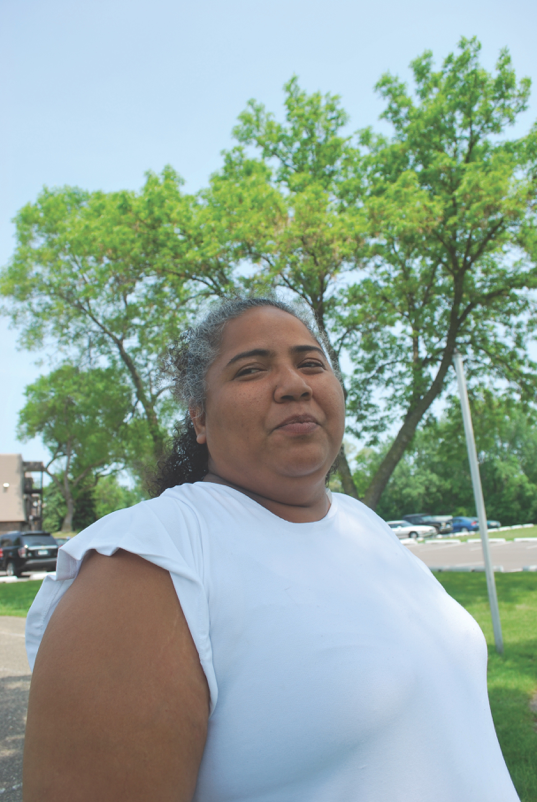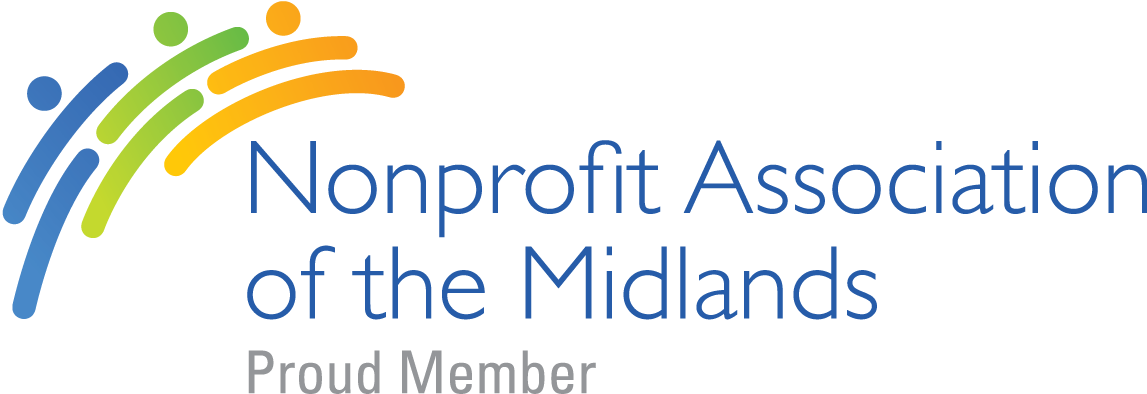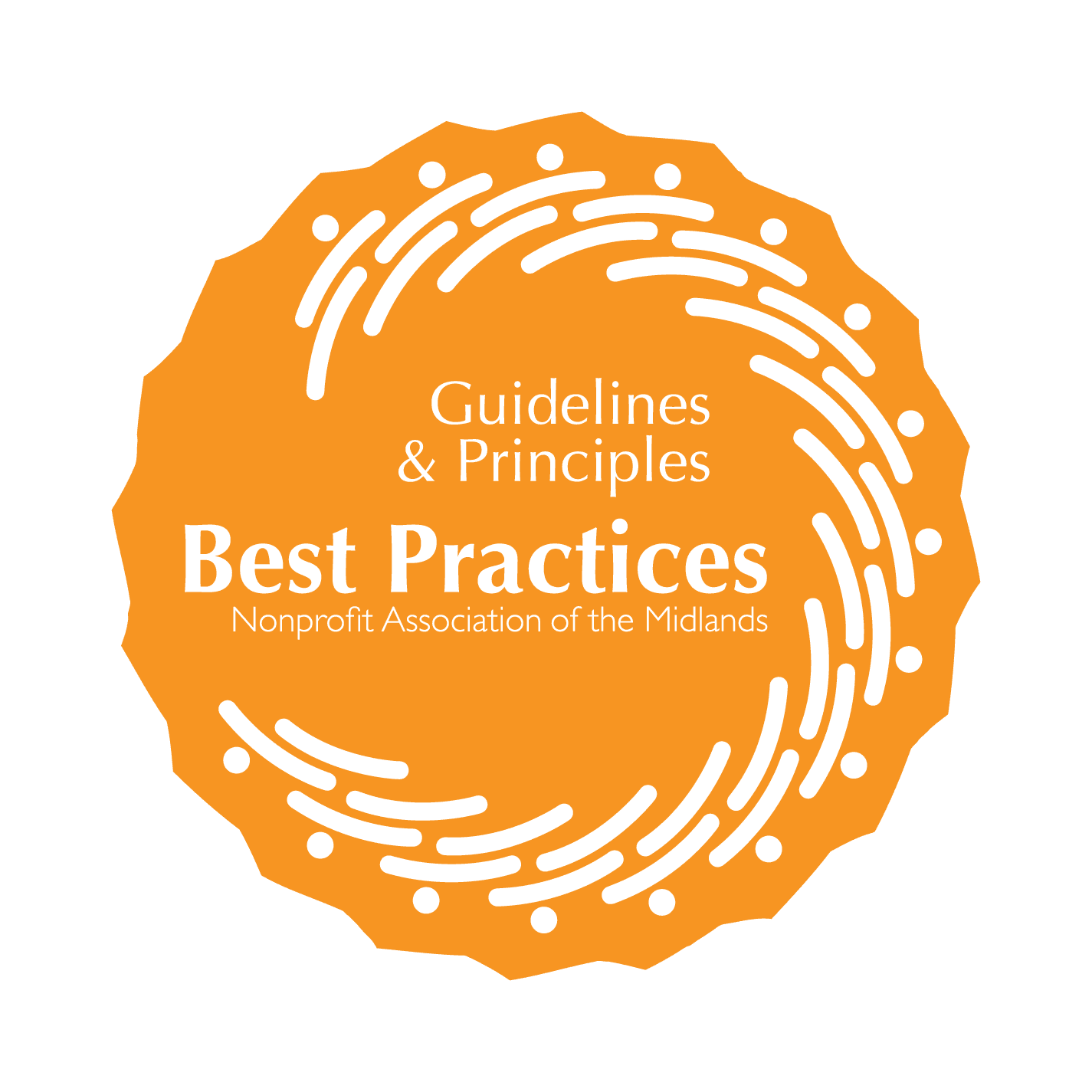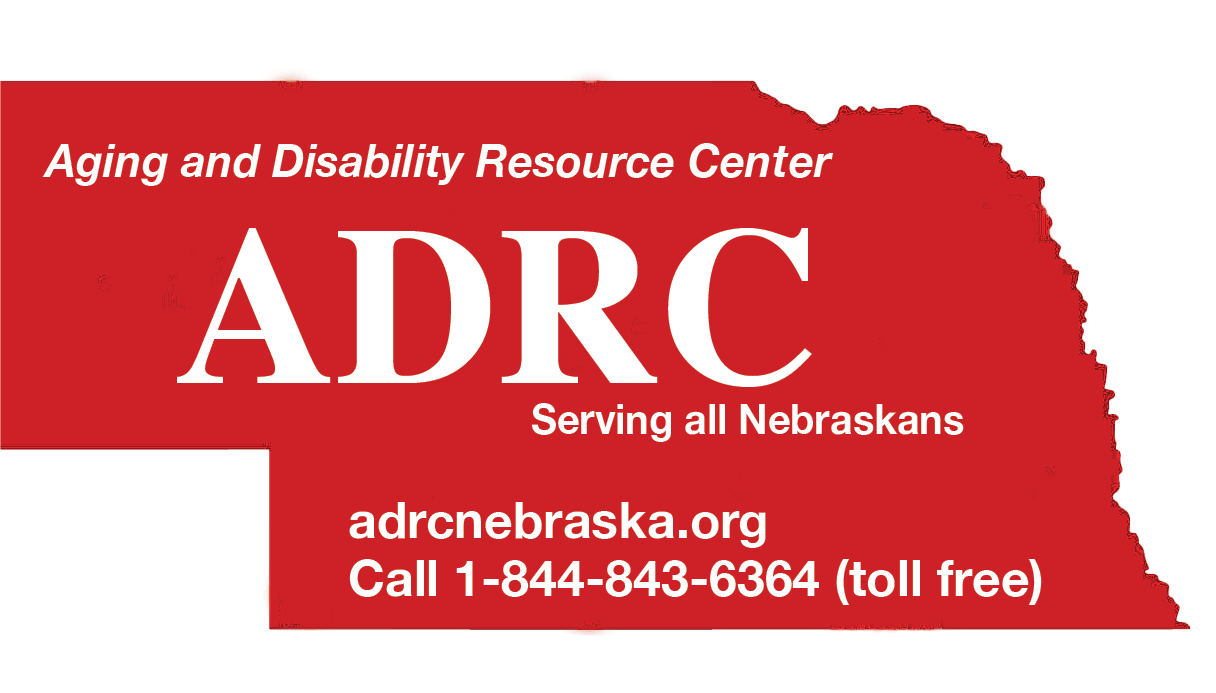Brain Injury Awareness Month - USBIA

Tamika from Minnesota:
Tamika, a single mother of two adult children and one teenager, as well as a member of the Yankton Sioux Tribe, learned from an early age the importance of being an active member in one’s community.
“My mother worked for Indian Education in St. Paul Schools,” Tamika says, “and she would take me to little functions they would have. I think it’s just in my blood. I’m really passionate about racism and equal rights and poverty and abuse.”
While working for Community Action Duluth, Tamika began experiencing headaches and recurring numbness in her head. Her doctors kept insisting it was a sinus infection, but an eye doctor on the reservation in Cloquet discovered she had a pseudotumor caused by her body’s reaction to birth control hormones that was causing excess pressure and fluid on her brain.
After years of regular spinal taps to drain the fluid, Tamika had surgery to permanently address the issue. In the time since her surgery, Tamika had to learn to walk, climb stairs, formulate sentences, and retrain her brain all while raising three children. Her vision is unpredictable, meaning she can no longer drive a car.
“My youngest daughter was a baby when it all started,” Tamika says, “She’s never known me to be anything but who I am now. With my other children, I was very involved in their schooling and in the community. But I was healthier back then.”
However, Tamika made it her goal to get her GED, a goal she finally met after a year of hard work that included housing insecurity, health flare-ups and the daily stresses of family life. Tamika used the Alliance’s Case Management program to coordinate with an ILS worker to help with her schooling and to navigate the overwhelming bureaucracy involved with her medical benefits.
“It took me about a year to graduate,” she says, “And it was hard. When I get stressed my health problems flare up. But I had my goal in mind and with the support of [my Case Manager] Lauren.”
Tamika hopes to continue her education at the college level, not only to improve her employment opportunities but to demonstrate to her children that her disability didn’t keep her from her goals.
“My daughter is dyslexic,” she says, “And in order for her not to use her disability as an excuse, I can’t use mine. I don’t use my brain injury or my eyesight to hold me back. So I had to finish. And I have to continue. I tell my children ‘Just do it. You never know. Even if you’re afraid, just do it. You only fail when you don’t try.’”
Our Associations & Memberships
-
 Nonprofit Association of the Midlands
Nonprofit Association of the Midlands -
 NAM Best Practices Partner
NAM Best Practices Partner




